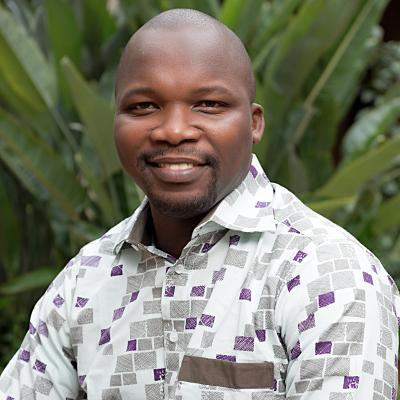Description
Through the Innovative climate-smart agricultural practices and knowledge scaling-up in vulnerable regions of Benin (INNOCSAB) project, the CIFOR-ICRAF team implements an innovative climate smart agricultural practices/technologies in the new site (Gogounou in Benin) where scientific evidence on agricultural soils is established through the GIZ Global Programme “Soil Protection and Rehabilitation for Food Security” (ProSOL). CIFOR-ICRAF supported ProSOL in Spatial Assessments of Changes in Soil Health Indicators in Benin and Kenya. Keys achievements are: A baseline of soil and land health; assessment of the impact of agricultural practices on key indicators of soil and land health; identification of ecological constraints affecting agricultural land productivity and soil organic carbon dynamics and production of moderate-to-high resolution spatial assessment maps of soil properties and land degradation.
The innovative approaches in the project are:
• Up-scaling the use of climate information through the Participatory and Integrated Climate Services for Agriculture (PICSA) approach, combining existing CSA technologies to adapt and mitigate climate change effects.
• The capacity building of small-scale producers on the scaling of appropriate climate smart technologies and practices through the participatory approach.
• An improvement of the profitability, productivity and sustainability of smallholder farming systems using on-farm (for men of households) and in-household innovation (for women of households) to ensure household nutritional security and enhanced income generation through integrated crop, tree and livestock production systems.
• The use of SHARED approach (https://worldagroforestry.org/shared) to set up stakeholder engagement platform for concerted, responsive, and sustained effort to monitor and address climate change and increasing variability and promote Climate-Smart Agriculture practices and technologies. The SHARED (Stakeholder Approach to Risk Informed and Evidence-based Decision-making) methodology provides a comprehensive framework, tailored to specific decision contexts, to bring together processes, evidence, and tools, and shift the decision paradigm towards more inclusive, inter-sectoral and inter-institutional integration to tackle complex decisions and to achieve desired outcomes.
• Assess the degree to which forestry and agroforestry are taken into account in Benin's new national climate change adaptation plan using Guideline for addressing forestry and agroforestry in National Adaptation Plans (NAP) (FOA & CIFOR 2020).




















